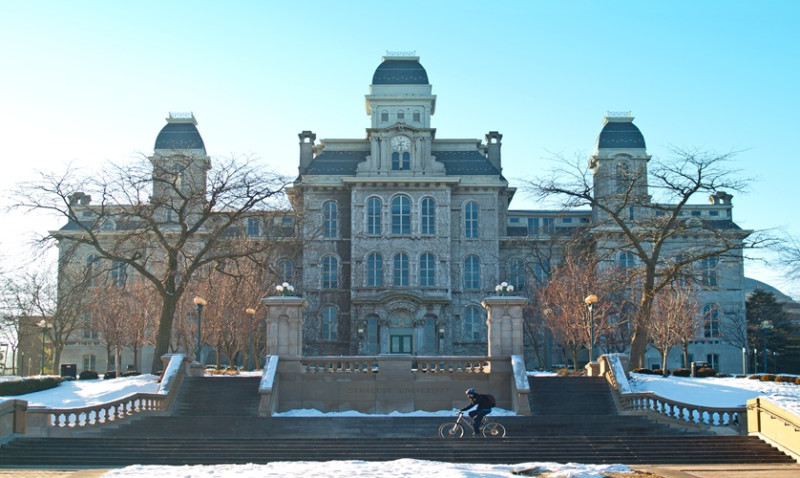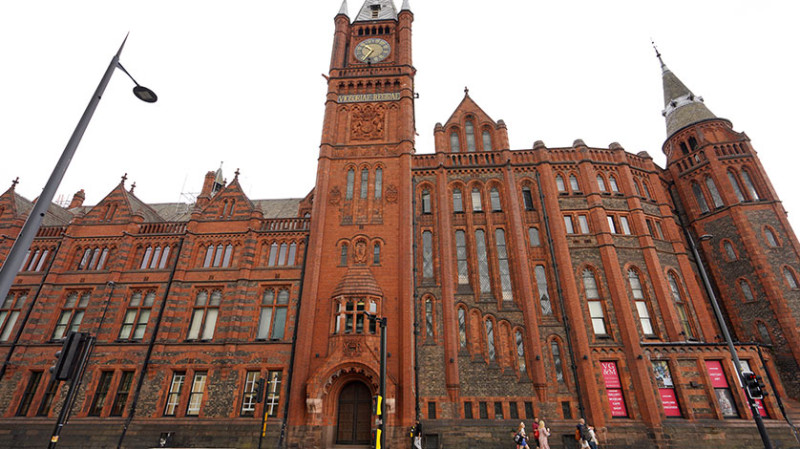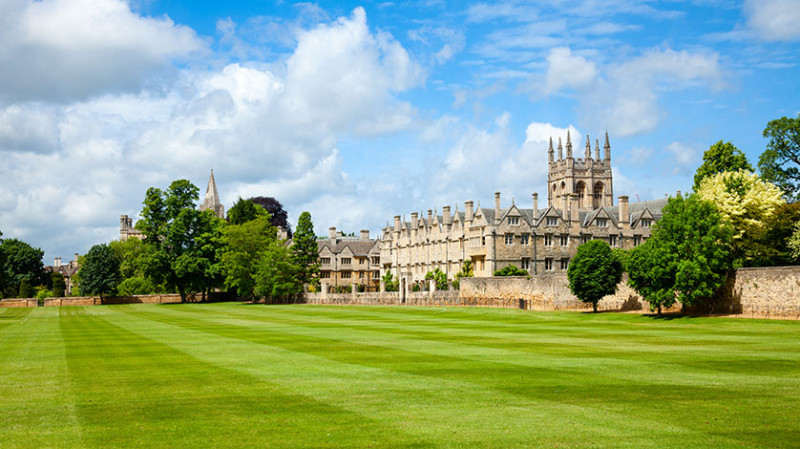Partner's ads
Colleges in the UK

London College Of Business Management
Cheam, South London, London, SM3 9BJ
LCBMIT is a higher education institute based in London and has successfully been reviewed by the Quality Assurance Agency (QAA). We have six faculties, from Business to Health Care, Law, English and

St Christopher College Of Medicine
Luton, Bedfordshire, East England, LU1 3EP
Our main focus is to provide quality education, which will help students to achieve basic and advanced medical knowledge to develop their insights into clinical practice. Courses offered at SCIMD

Saint Mary's College
Happiness and security are both vital factors in every child's education. Each child is an individual with his or her own strengths and weaknesses, needs and aspirations. At St. Mary's we believe that

CAW - Edinburgh Centre
Having been established since 1989, we have centres in Huntingdon, Potters Bar, Leeds and Edinburgh and train students from all over the UK and overseas through our classroom taught courses,

St Mary'S College
Londonderry, North Yorkshire, Yorkshire and the Humber, BT48 9QE
St Mary's College opened its doors in 1959 on its original site in the Creggan area of Derry. For fifty years it served the parish, parents and pupils of Derry from this site. It attracted pupils from
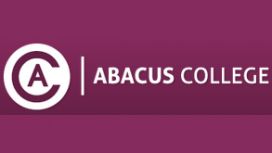
Abacus College
Oxford, Oxfordshire, South East England, OX3 9AX
We offer a wide range of courses to suit students aged from 15 upwards, regardless of their nationality, English language ability and educational background. Our classes are small, our tutors

Padworth College
Reading, Berkshire, South East England, RG7 4NR
Since 1963, when the College was founded by Oxford University tutor, Peter Fison, it has been true to its aim of bringing an informal tutorial atmosphere to school-level education, where individual

Queen Elizabeth Humanities College
Bromyard, Herefordshire, West Midlands, HR7 4QS
Queen Elizabeth Humanities College is a small 11-16 fully comprehensive school, situated in the tranquil surroundings of the beautiful Herefordshire countryside in the historic market town of
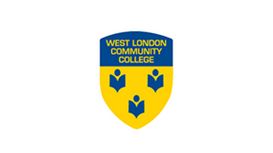
West London Community College
Uxbridge, West London, London, UB8 2YG
The Colne Lodge centre is situated in an attractive building set on the historic Colne River in Uxbridge equipped with six classrooms. We invite you to experience West London Community College campus

St Edmund's College
Ware, Hertfordshire, East England, SG11 1DS
England's oldest Catholic school offering an all round co-education for students from 3 to 18 and for families from all faiths. Our historic campus offers modern facilities in a magnificent country

Rochdale Sixth Form College
Rochdale, Greater Manchester, North West England, OL12 6HY
Rochdale Pioneers PartnershipNational Support SchoolOfsted InfoTerm DatesWhy is RSFC such a class act? In the short time since it first opened its doors, RSFC's results have truly established it as

Oxford Business College
Oxford, Oxfordshire, South East England, OX1 2BQ
Oxford Business College is an independent education and training establishment specialising in a range of higher level business management courses, offering those embarking on their careers an

City College Stratford
Stratford, East London, London, E15 2TF
City College Stratford was established in 2010 as EDU INTL UK LTD. with a vision to serve both in the United Kingdom and other operated countries. City College Stratford acknowledges the local and

Laurelhill Community College
Lisburn, County Antrim, Northern Ireland, BT28 2UH
Laurelhill is a caring College, providing a supportive learning environment in which all are inspired to achieve high standards and to become confident young people taking their place in society. This

London College Of Massage
Holborn, Central London, London, WC1X 8TX
Our training is divided into 4 modules, the Beginners Massage Course, Anatomy, Physiology & Pathology, Health & Safety and the Practitioners Massage Course. On successful completion of all 4 modules
Can't find your business?
Adding a business to Colleges-UK.co.uk is free.Frequently Asked Questions and Answers
- Click here to navigate to the Login page.
- If you haven't yet registered, click here to navigate to the Registration page.
- Fill all required fields.
- After you have logged in, click on "Add Business.
- After you have clicked on "Add Business", you will be redirected to another page.
- You can now fill in the details for this Business.
- Click on the "Create" button.
- Your listing will now be "pending approval".
- One of our Administrators will review your listing and decide whether to Approve or Reject it.
- Priority listing positioning for city, county, in the search results, and our home page.
- A website link on the listing page.
- Can add services with links included.
- Have access to all submitted free quotes from our visitors.
- Increase leads that you can follow up and generate sales from.
- Increase your online presence which, these days, is an indispensable commodity.
- Allow the thousands of potential customers who use the directory each month to find you.
Many students from abroad, when visiting a foreign country for an exchange year or to simply enroll at a Bachelor or Masters degree course, or another type of an educational course, often find it difficult to figure out the educational system of the country hosting them as students. And this is totally normal and understandable. At the end of the day, the majority of the countries in the world follow their own educational system that may be similar to other countries in the world, but not necessarily exactly the same.
This is a common case when it comes to the term “college” in the UK. When students from the USA and many other countries in the world are asked to define what college is, they will quickly explain to you that college is the same thing as university. However, is it the same in the UK? Did you know that college in the UK is something different from university? Today we are about to explain the basic differences between a college and an university in the UK, so stay tuned if you are interested in this topic.
The Difference Between University and College in UK
Confusion about a foreign educational system is a common thing students from abroad face and they may feel intimidated by that. However, there is no place for worries, because things are often easy to explain and get used to. This applied for the difference between a college and a university in the UK. In many countries both terms are pretty much interchangeable and mean the same thing. Other countries simply never use the term college and they have universities only. However, when it comes to the UK, there are both a college and a university as a part of the educational system and they mean something different. Well, if you are an exchange student in the UK or going there to study for a degree, you will soon find out that the country has a pretty unique educational system and the college is not the only thing different here.
Before explaining more in-depth the difference between a university and a college in the UK, let’s get some basic understanding about the educational system in the country in general, about a university, and about a college. It is a very good and important beginning if you are interested in studying in the UK and getting a degree, because there are different options and opportunities and you can choose the one that best suits and meets your requirements and needs as a student. Both a university and a college can help you develop in different ways and achieve different goals. Therefore, it is important to understand the difference between a college and a university and make the right decision, depending on your plans for the future.
In general, the UK educational system is divided in five major stages as it follows: Early years, Primary years, Secondary School, Further education, Higher education. The first three stages of education in the UK are the base of what the world knows as compulsory education. What happens at the end of secondary school is that students will sit for GCSE or A-Levels exams and next they will be free to make the decisions and choices about their future. This is the first stage, where the difference between a college and a university in the UK is very apparent. Basically, the main thing that differs a college and a university in the UK is that both terms determine a different level of education in the country.
In the most common way around the world, students will move from secondary school to a university, if they wish so. However, the UK educational system throws one more option for students in the whole mix and this is the college. UK students face a few opportunities by the end of this period and they can either decide to simply find a job right away and not to follow further education plans, they can enroll at a higher education, which is a university, if they have taken their A-Levels, or they can choose to enroll at a further education course and gain particular set of skills needed to land a specific job and start a specific career, which in the UK is referred to as a college. With these options in mind, it is safe to say that there are a bunch of differences when we compare a college and a university in the UK. The main one is that both terms are used for different levels of education, however, both a college and a university will differ in the context of degrees, duration, study curriculums, and more.
What Makes a University Different Than a College
When it comes to the UK, national universities can offer two types of degrees – undergraduate degrees and postgraduate degrees. Some universities in the country can also offer some further and specific educational courses, such as foundation degrees.
College in the UK Explained
A college is an educational institution that offers further education courses that will lead to specific qualifications and degrees. With that in mind, a college is usually assumed to offer more practical skills and qualifications. College qualifications in the UK include the following: diploma, foundation degrees, GCSE, Higher National Certificate, Higher National Diploma, International Baccalaureate.
In general, college courses in the country are designed in a way that students can obtain a certain level of skills and qualifications in a particular field. By finishing college, students are able to get a job or gain academic preparation for continuing their education at a university. A college course will also be more focused on providing students with a set of more practical skills. Therefore, a college in the country is often chosen by students, who want to obtain skills and become employable in a shorter period of time. A college will usually offer a part-time and flexible studying option besides the full-time studies that normally list last for one to two years.
The Benefits of Studying in a College
Almost two hundred thousand people in the UK are attending a college every year according to recent studies. So what makes so many people decide to continue their studies at a college? Is it beneficial to study at a college? However, it is important to mention that more students in the country prefer to attend a university over a higher education college. But still, their many benefits when it comes to a college, including:
• Lower tuition fees for a college
• Less overloaded college classes
• Study at college from home and reduce expenses
• Flexible college study programs
• Opportunity to continue with a university degree after college
• More individual support at college
College Tuition Fees
When it comes to higher education in the UK, it is pretty much costly and expensive, therefore, a college is a good option if you are on a budget. Enrolling and studying at a UK college will cost you significantly less. So if you don’t have the money for university tuition and you don’t want to rely on a student loan, a college is a good solution. College students in the UK are further encouraged by being provided with a range of merit-based and need-based bursaries.
The difference between university and college in UKWhat makes a university different than a college
College in the UK explained
The benefits of studying in a college
College tuition fees



